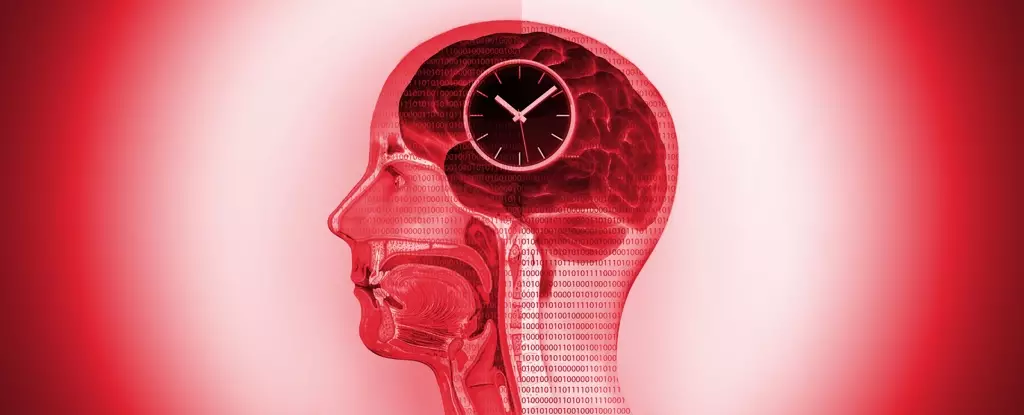In a recent study conducted by researchers in China, the impact of intermittent energy restriction (IER) on both the gut and the brain of obese individuals was examined. The findings of the study have important implications for the development of new strategies for weight management and overall health.
The study involved 25 volunteers classified as obese who participated in an IER program over a period of 62 days. The participants experienced significant weight loss, with an average of 7.6 kilograms or 7.8 percent of their body weight. Additionally, changes in the activity of obesity-related regions of the brain and alterations in the gut microbiome were observed.
Health researcher Qiang Zeng noted that the study revealed changes in the brain-gut-microbiome axis as a result of the IER diet. The observed changes in the gut microbiome and brain activity were found to be dynamic and interconnected over time, suggesting a complex relationship between the gut and the brain.
The gut microbiome is believed to play a significant role in communication with the brain. Bacteria such as Coprococcus and Eubacterium hallii were found to be associated with specific brain regions involved in appetite regulation and willpower. This highlights the importance of maintaining a healthy gut microbiome for overall well-being.
Obesity is a growing global health concern, with over a billion people worldwide now classified as obese. Understanding the link between the gut, brain, and weight regulation could provide valuable insights into preventing and managing obesity. By exploring the mechanisms by which the gut microbiome and the brain communicate, researchers hope to develop more effective interventions for weight loss.
Biomedical scientist Liming Wang emphasized the need for further research to uncover the precise mechanisms underlying the communication between the gut microbiome and the brain in obese individuals, particularly during weight loss. This knowledge could pave the way for innovative approaches to addressing the obesity epidemic and improving public health outcomes.
The findings of the study on intermittent calorie restriction, gut health, and weight loss shed light on the complex interplay between the gut microbiome, brain activity, and overall health. By elucidating these connections, researchers are paving the way for new strategies to combat obesity and promote well-being.


Leave a Reply